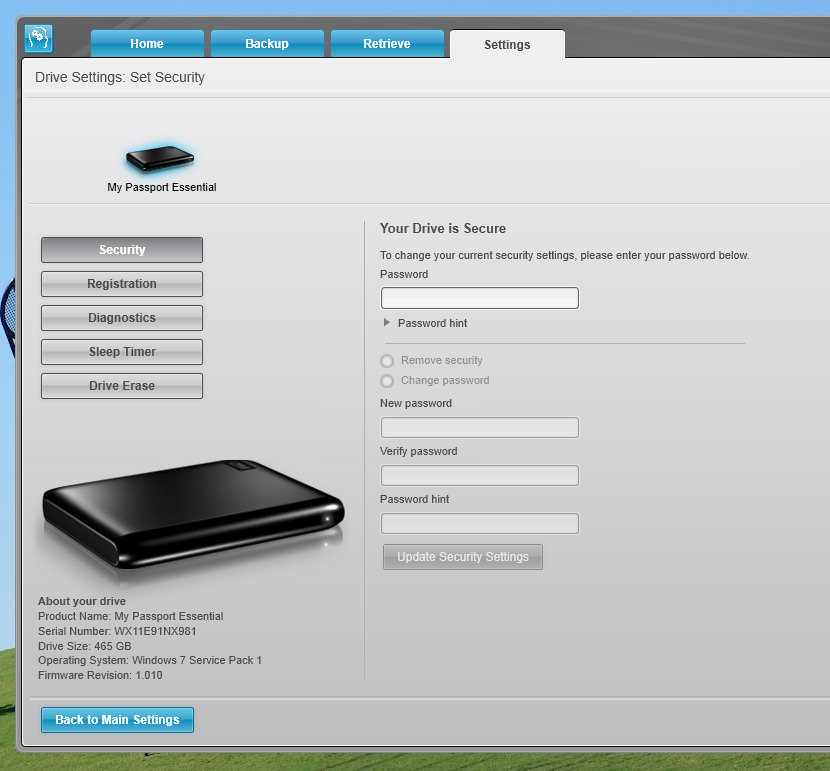

With an encrypted hard drive, even moving the hard drive to a different machine doesn’t help a thief, because all they would see is random, nonsensical data. Encrypt the hard driveĮncrypting the entire hard drive using whole-drive encryption protects the contents of your entire system. These aren’t perfect solutions, as a very determined thief might still circumvent them, but they’ll at least stop the casual burglar by making it easier to steal something else. (Make sure the machine has enough ventilation if you put it in an enclosed space.) Physically securing your machine includes bolting it down, attaching it to something with a security cable, or putting it in a locked room or cabinet. There are three approaches to keeping your data secure. If you have confidential information on it, assume it’s been compromised. What’s important is knowing the data could be accessed by whoever has the machine. If it’s not physically secure, it’s not secure. They can remove the hard disk from your machine, connect it to another, and once again access the contents of your hard disk without needing to use the rest of your machine at all.Īll that should be pretty scary, mostly because it is.Again, “Secure Boot”, when enabled, is intended to prevent this.

They can reboot from a Linux live CD or thumb drive and access the contents of your hard drive without needing to log in to Windows at all.Here are the instructions: I’ve Lost the Password to My Windows Administrator Account, How Do I Get It Back? The newer UEFI “ Secure Boot” prevents this, if enabled. They can reboot from a CD or USB thumb drive and reset the administrative log-in password.There are several ways someone can access your computer’s contents: Of course, computer theft is the very definition of physical access. The short version is that if someone has physical access to your computer, they can quickly access everything on it. Most commonly, it applies to laptops and mobile devices. People are sometimes concerned about what a roommate might or might not have access to when they’re not around. I bring that up in response to questions about sharing a computer or living space. There’s a fundamental concept that I remind people of from time to time. BitLocker, VeraCrypt, and BoxCryptor are useful tools to protect information stored on your hard disk. Besides physically securing the computer itself, encryption (of either entire drives, partitions, or individual files) protects its contents. A thief can access data on your hard drive in several ways, removing it if needed. If your computer is not physically secure, it’s not secure.


 0 kommentar(er)
0 kommentar(er)
